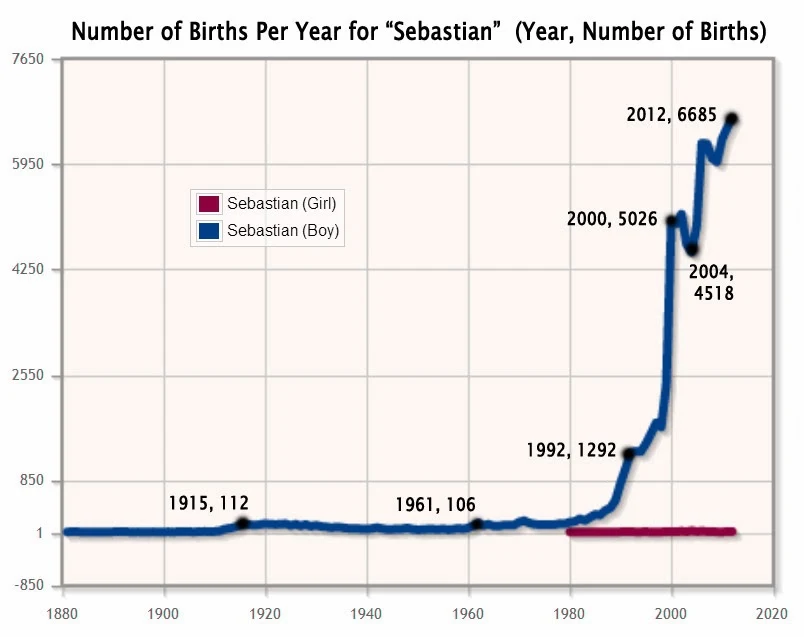Joseph is one of those names that translate well across a variety of languages and cultures around the world:
| Yousef, Youssef, Yusef, Yusuf (Arabic) Youcef (Arabic (Maghrebi)) Hovsep (Armenian) Yusif (Azerbaijani) Joseba (Basque) Ioseph, Ioses (Biblical Greek) Yosef (Biblical Hebrew) Ioseph (Biblical Latin) Jusuf (Bosnian) Yosif (Bulgarian) Josep (Catalan) Ghjaseppu (Corsican) Josip, Joško, Joso, Jozo (Croatian) Josef (Czech) Josef (Danish) Josephus, Jozef, Jef, Joep, Joop, Joos, Joost, Jos, Sjef, Zef (Dutch) Jozefo, Joĉjo (Esperanto) Joosep (Estonian) Jooseppi, Juuso (Finnish) Xosé (Galician) Ioseb, Soso (Georgian) Iosif (Greek) Yosef (Hebrew) Josephus (History) József, Jóska, Józsi (Hungarian) | Seosamh (Irish) Giuseppe, Beppe, Peppe, Peppi, Peppino, Pino (Italian) Iosephus (Late Roman) Jāzeps (Latvian) Juozapas, Juozas (Lithuanian) Josif (Macedonian) Hohepa (Maori) Josef (Norwegian) Josèp (Occitan) Yousef, Yusef (Persian) Józef (Polish) José, Zé, Zezé (Portuguese) Iosif (Romanian) Iosif, Osip (Russian) Seòsaidh (Scottish) Josif (Serbian) Jozef (Slovak) Josip, Jožef, Jože (Slovene) José, Josepe, Pepe, Pepito (Spanish) Josef (Swedish) Yusuf (Turkish) Ýusup (Turkmen) Yosyp (Ukrainian) Yusup (Uyghur) Yussel (Yiddish) |
There is also a handful of feminine forms of the name:
Jody, Josepha (English), Josée, Josèphe, Joséphine (French), Josepha (German)
And you can't forget the diminutives and "nickname" options:
Jo, Joe, Joey, Jojo (English), Jo, Sepp, Seppel (German)
As you can see, the various translations are quite unique and interesting. I'm sure we have all known a Joseph/Joe, but have you ever known anyone with one of these other, more cultural names?
Now, Nameberry has quite an extensive list of famous Josephs. It is far too long to repost here, but I encourage you to take a look.
As far as popularity goes, Joseph has always ranked very well. It has never ranked lower than #22, which happened in 2011. It has ranked as high as #5! It ranked at #20 in 2016 and will probably linger within the Top 100 for a very long time to come.
Just "Joe" by itself even ranks well. Up until 1970, it was within the Top 100 in the US. Even now, as of 2016, Joe still came in at #618.
The lovely Josephine experienced a high popularity peak of 8,682 births in 1918. It declined after that, but is currently ticking upward. In 2016, there were 2,766 girls given the name which ranked it at #114 in the US.
If you're a Joe fan, here are some ideas for sibling names and middle names:
Sibling Name Ideas:
Sisters: Amelia, Caroline, Elizabeth, Isabelle, Lucy, Margaret, Sarah
Brothers: Benjamin, Isaac, Michael, Nathaniel, Simon, Vincent, William
Middle Name Ideas:
Joseph Alexander
Joseph Elliott
Joseph Martin
Joseph Riley
Joseph Thomas
Josephine Amelia
Josephine Claire
Josephine Grace
Josephine May
Josephine Rose
Joe Edward
Joe Harrison
Joe Julius
Joe Theodore
Joe Zachariah
As a Middle Name:
Just "Joe" by itself even ranks well. Up until 1970, it was within the Top 100 in the US. Even now, as of 2016, Joe still came in at #618.
The lovely Josephine experienced a high popularity peak of 8,682 births in 1918. It declined after that, but is currently ticking upward. In 2016, there were 2,766 girls given the name which ranked it at #114 in the US.
If you're a Joe fan, here are some ideas for sibling names and middle names:
Sibling Name Ideas:
Sisters: Amelia, Caroline, Elizabeth, Isabelle, Lucy, Margaret, Sarah
Brothers: Benjamin, Isaac, Michael, Nathaniel, Simon, Vincent, William
Middle Name Ideas:
Joseph Alexander
Joseph Elliott
Joseph Martin
Joseph Riley
Joseph Thomas
Josephine Amelia
Josephine Claire
Josephine Grace
Josephine May
Josephine Rose
Joe Edward
Joe Harrison
Joe Julius
Joe Theodore
Joe Zachariah
As a Middle Name:
Adrian Joseph
Carter Joseph
Gabriel Joseph
Maxwell Joseph
Tyler Joseph
Anna Josephine
Clara Josephine
Lily Josephine
Morgan Josephine
Wren Josephine
Benjamin Joe
Everett Joe
Henry Joe
Lincoln Joe
Timothy Joe
What do you think of these Joe names? Which would you choose? Have you already used one?


























.png)

